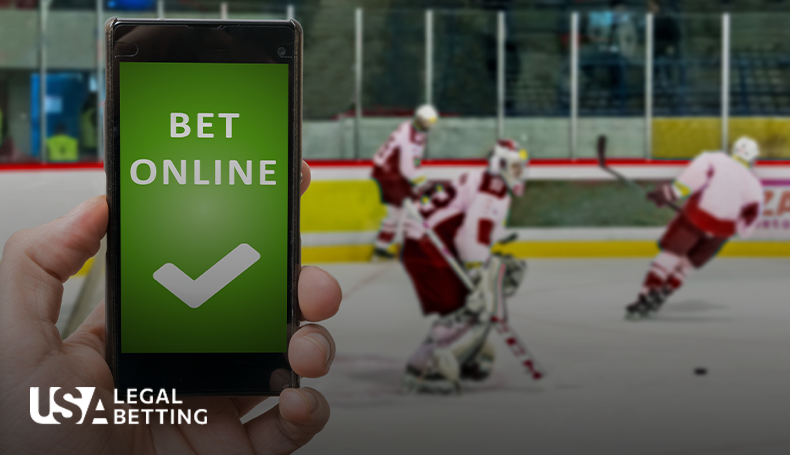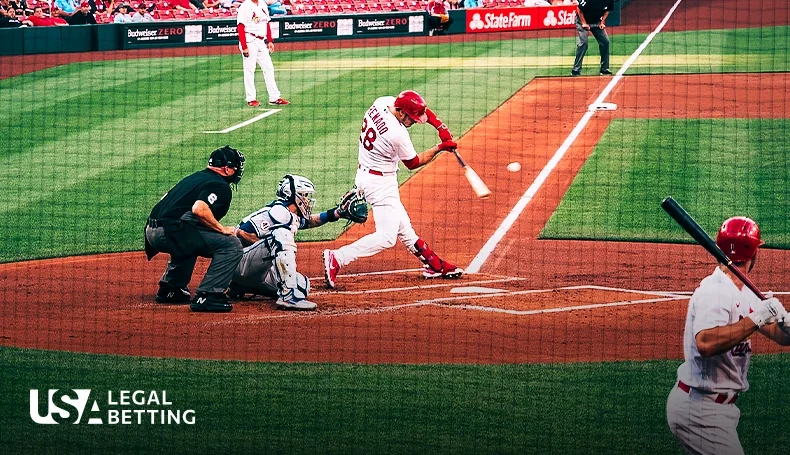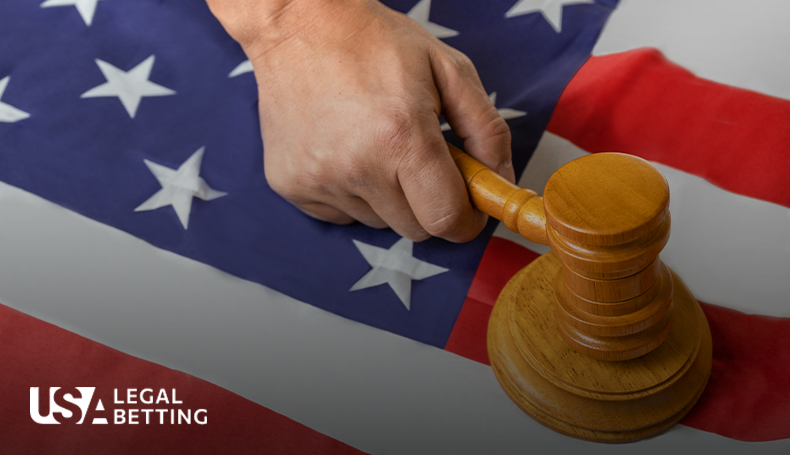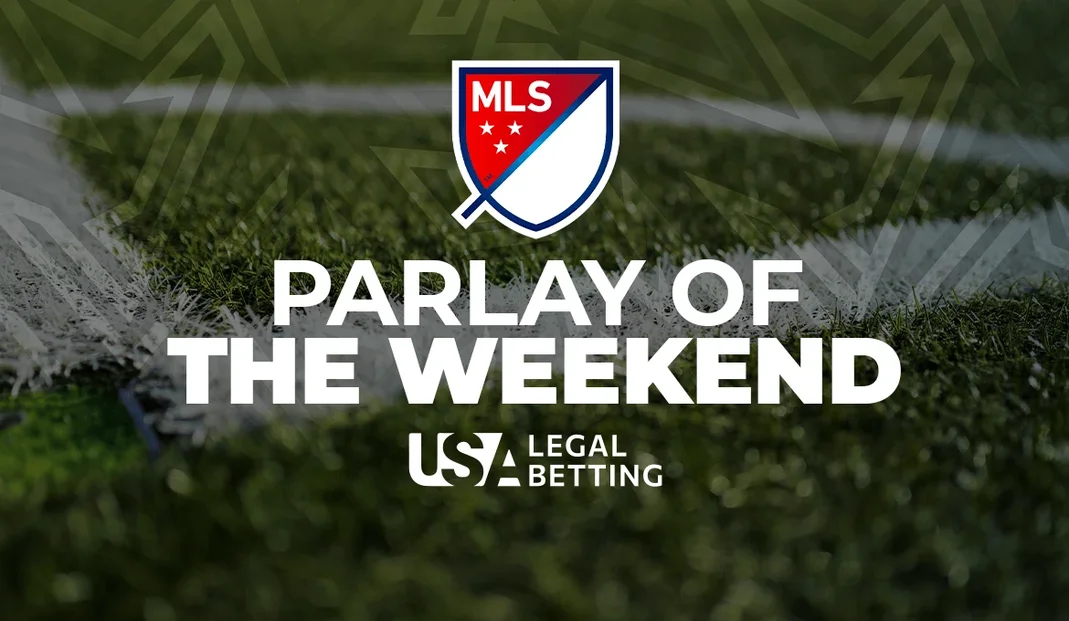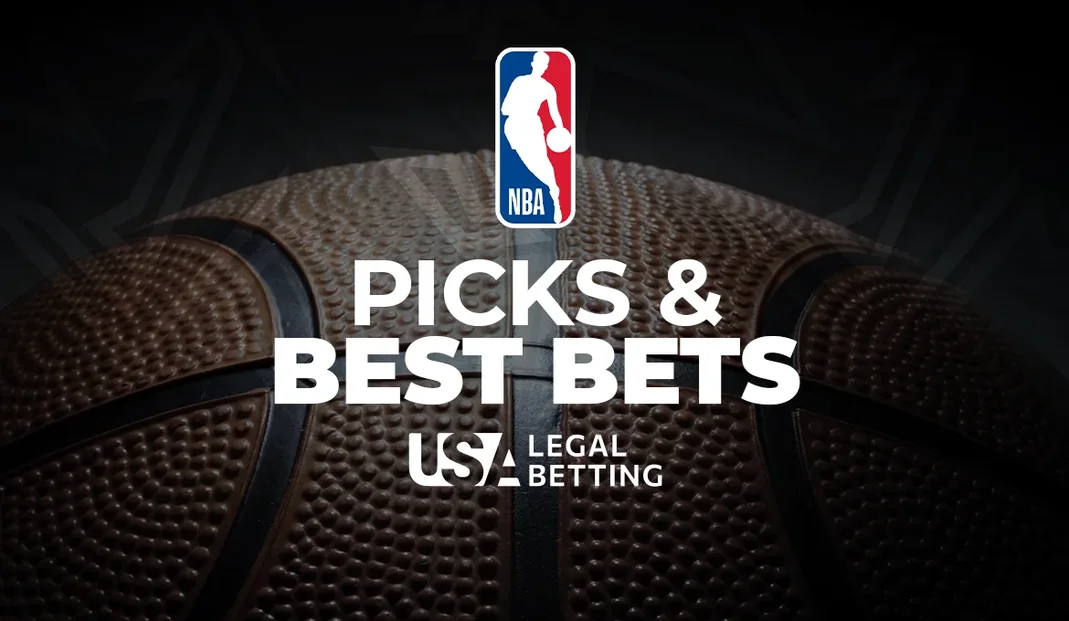Following Scott penning his signature to HB 127, 38 states plus Washington D.C. have legalized sports betting. Starting from the northeast corner of the country, South Carolina is the most northerly state that has not embraced the popular form of gambling, and Missouri is the most eastern.
That carves out 21 of the 38 states that have passed sports betting laws on or near the eastern seaboard alone. Vermont is one of the smaller states in this region and will benefit from having a consistent source of taxable income, one that it was losing to nearby betting giants such as New York, New Jersey, and Massachusetts that attracted traveling gamblers.
The Vermont Department of Liquor and Lottery will serve as the regulator of the newly-created market. A minimum of two and a maximum of six sports betting operators will be allowed access to the market, and the regulator will provide a report on problem gambling rates to state officials every year.
Safeguards designed to protect the under-21 crowd during sportsbook marketing and promotions were also instituted. Wendy Knight, the commissioner of Liquor and Lottery, said that she believes her department has the ability to uphold the standards outlined in the bill and keep operators from causing trouble.
The market is expected to be ready for launch by January 2024, which will mean that Vermont locals will have the opportunity to wager on marquee events such as the Super Bowl and March Madness.



